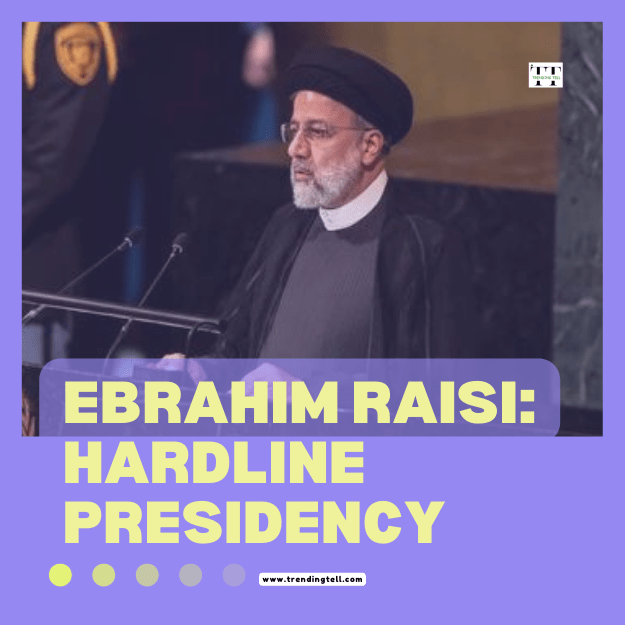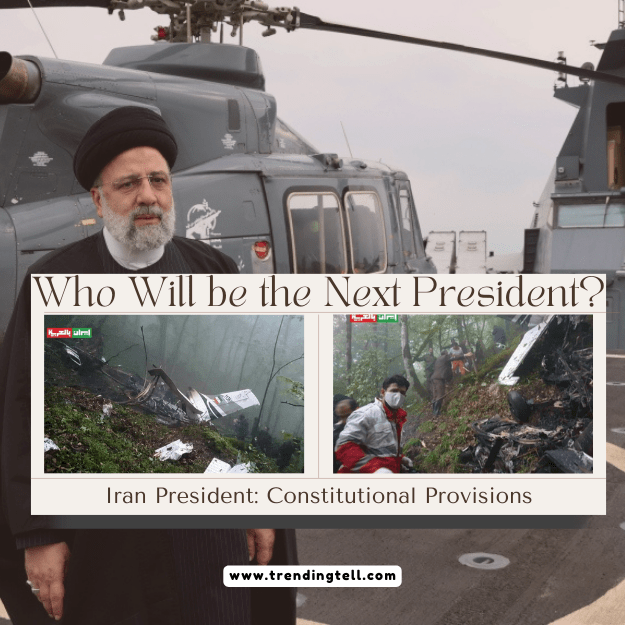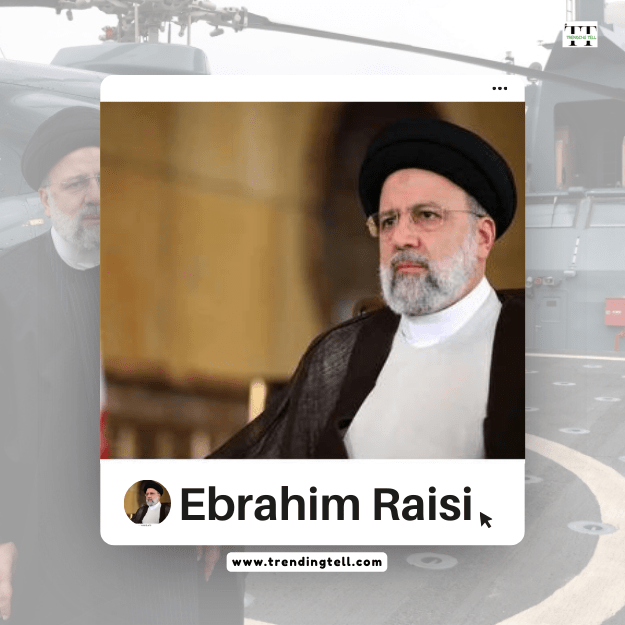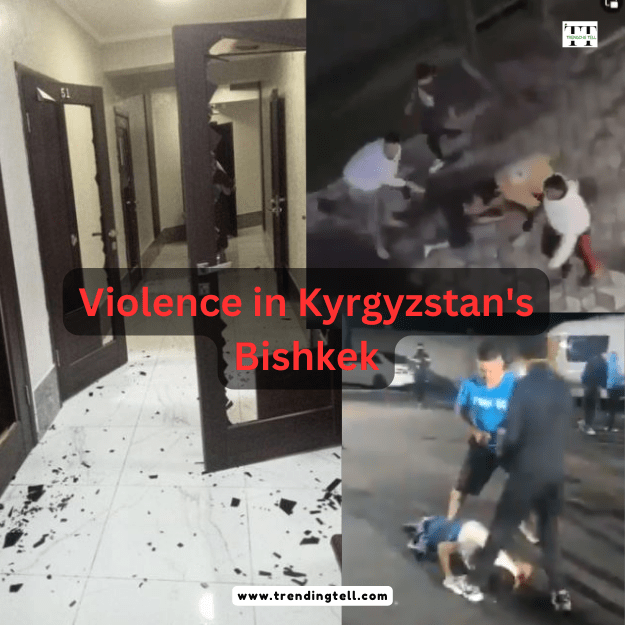Ebrahim Raisi, the President of Iran, has been a crucial figure in the nation’s political geography. Known for his hardline stance, Raisi’s presidency has been marked by significant domestic and international challenges. Let’s Discuss his tenure, key policies, and the controversies that defined his leadership.
President of Iran-Ebrahim Raisi: Political Career
Ebrahim Raisi’s rise in Iranian politics began shortly after the 1979 Islamic Revolution. He has held influential positions and aligned closely with Supreme Leader Ayatollah Ali Khamenei.
Key Points:
- Early Roles: Raisi started his career in the judiciary and quickly rose through the ranks.
- Close to the Supreme Leader: His close association with Ayatollah Khamenei positioned him as a critical player in Iranian politics.
President of Iran-Ebrahim Raisi: Presidential Term
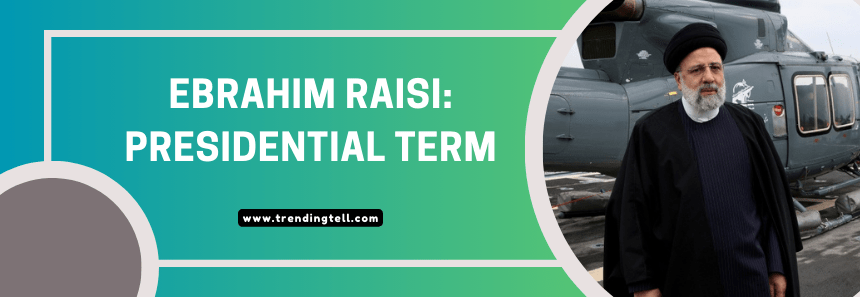
Ebrahim Raisi took office in 2021, succeeding the moderate Hassan Rouhani. A firm approach to domestic and international issues has characterized his presidency.
Key Points:
- Economic Crisis: Due to U.S. sanctions, Raisi was governed by severe financial challenges.
- Conflict with Israel: His term saw a historic escalation in the conflict with Israel, with both sides engaging in aggressive actions.
- Domestic Policies: Raisi reinstated the morality police and tightened the enforcement of dress codes, sparking widespread protests.
President of Iran-Ebrahim Raisi: Controversies
The Return of the Morality Police
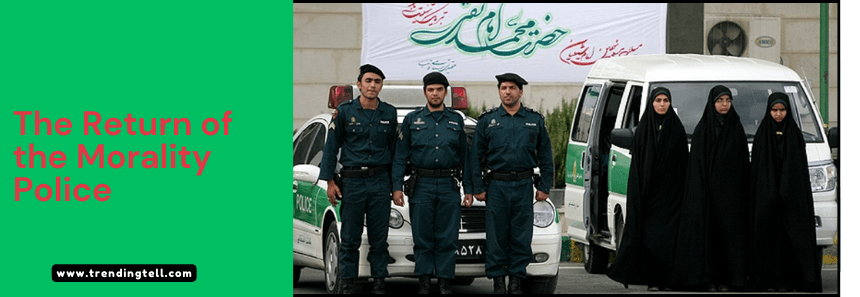
One of the most controversial aspects of Raisi’s presidency was the revival of the morality police and the strict enforcement of the hijab law.
Key Points:
- Hijab and Chastity Law: Raisi ordered a crackdown on women’s attire and behaviour, leading to significant unrest.
- Mahsa Amini Protests: The death of Mahsa Amini while in custody triggered nationwide protests, marking a considerable challenge to Raisi’s rule.
Human Rights Controversies
Ebrahim Raisi’s involvement in human rights abuses has been a significant point of contention, earning him the nickname “The Butcher of Tehran.”
Key Points:
- 1988 Mass Executions: Raisi played a vital role in the mass executions of political prisoners, a period remembered for its brutality.
- Human Rights Violations: His tenure has been marked by crackdowns on dissent and freedom of expression.
Conclusion
The presidency of Ebrahim Raisi, the President of Iran, has been a period of intense challenges and controversies. His hardline policies and actions have left a lasting impact on domestic and international fronts. As Iran navigates through these turbulent times, Raisi’s legacy shapes the nation’s future.
